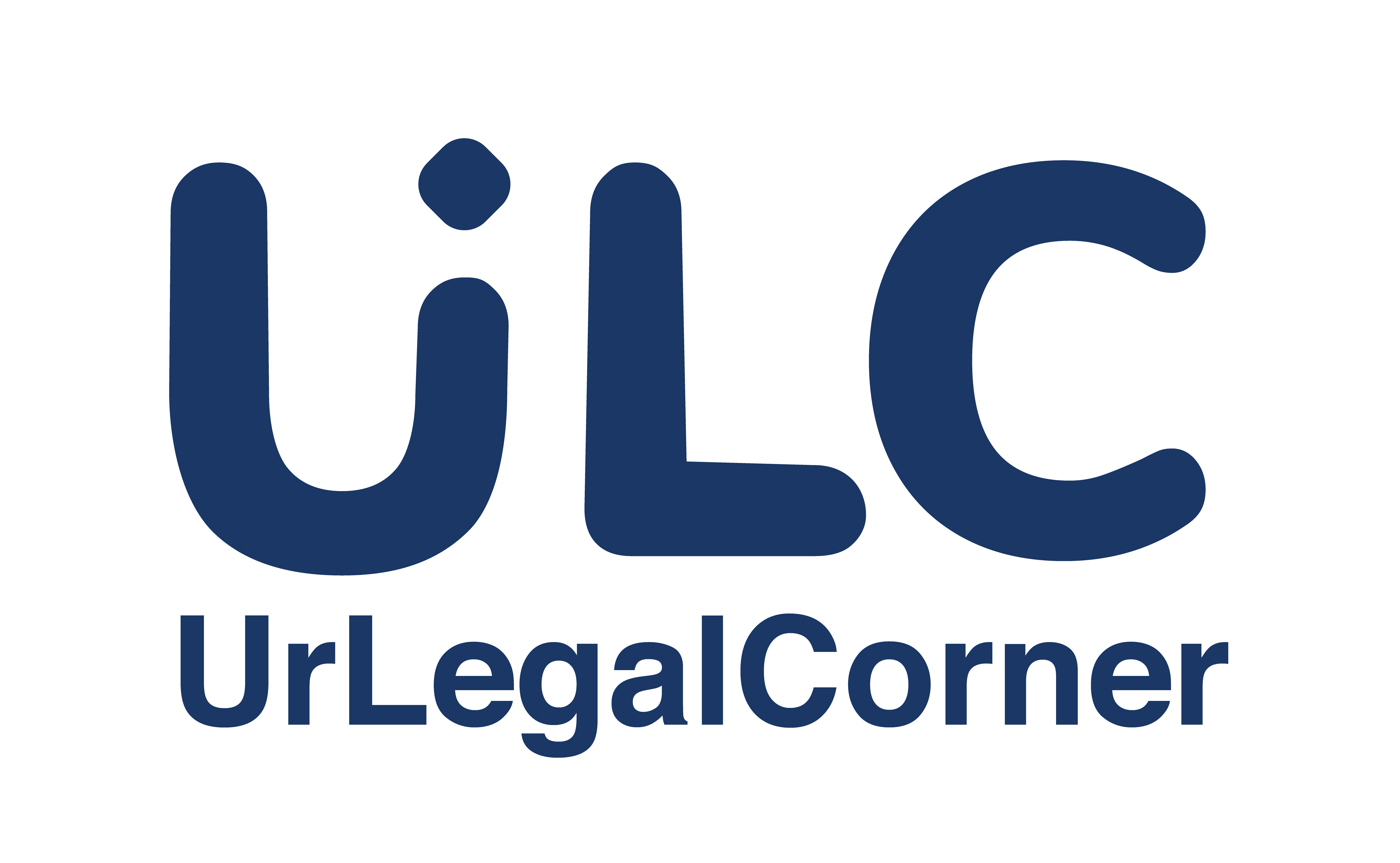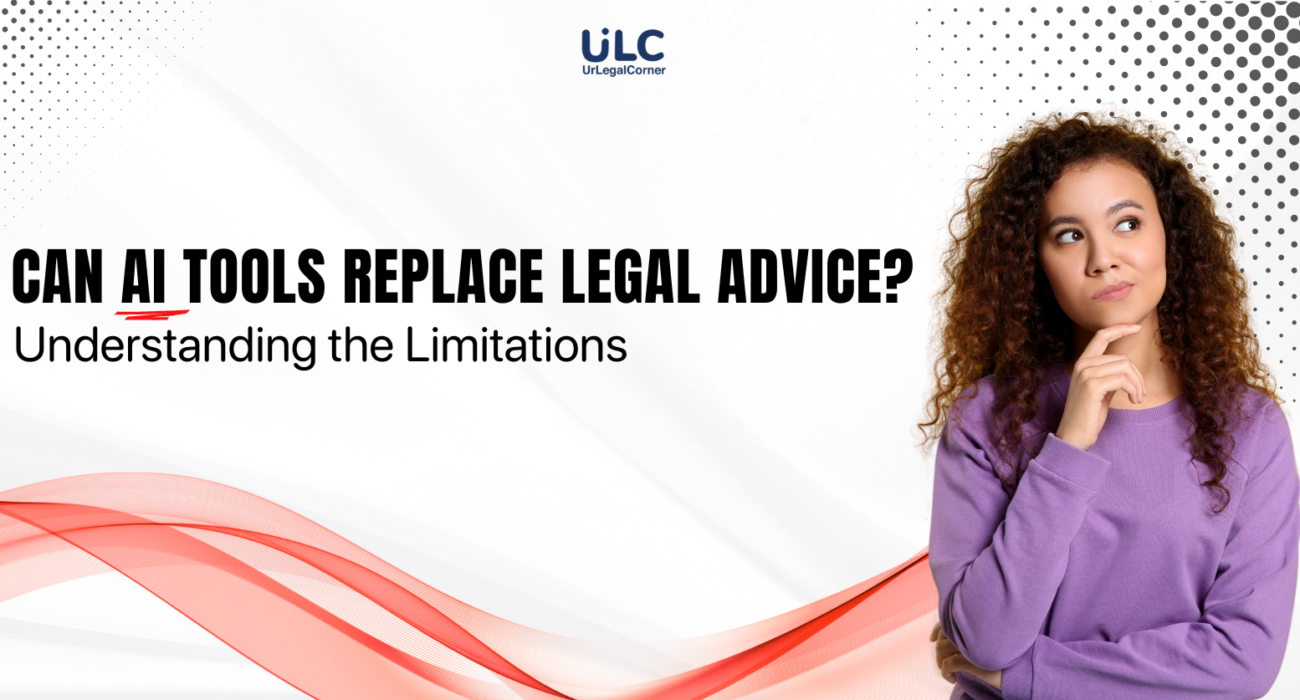Just Ask ChatGPT, Right?
It’s 2025, and someone just typed, “Can I fire my employee over WhatsApp?” into an AI chatbot and got an answer in 0.3 seconds.
Sounds efficient. Feels smart.
But here’s the catch: Not everything fast is fair. Not everything smart is legal.
With the rise of AI tools, more people are skipping legal consultations and turning to bots for solutions. It’s free, fast, and available 24/7. But when it comes to your money, contracts, or rights — do you really want to rely on a tool that can’t even ask you follow-up questions?
Let’s get into what AI can and cannot do when it comes to legal advice.
What AI Can Actually Help You With
Let’s give credit where it’s due. AI can be a powerful tool when used the right way.
Here’s what AI is good at:
- Summarizing complex legal terms
- Drafting basic templates (NDAs, service agreements, etc.)
- Helping you understand general laws and definitions
- Suggesting ideas or first drafts
If you’re a freelancer or a small business owner trying to save time, this is a win. But here’s where it starts to fall apart…
What AI Can’t (and Shouldn’t) Do
- Personalize your legal situation
AI doesn’t know your past agreements, the local laws in your area, or the exact tone of that message you sent. - Catch what’s missing
AI might sound like it knows the law, but it can miss key clauses, context, or loopholes that could cost you later. - Take responsibility
If things go wrong, AI isn’t the one going to court. You are. And that screenshot from your chatbot won’t always protect you.
The Smart Way to Use AI in Legal Work
AI is great for research, bad for representation. Here’s how to make the most of it:
- Use it as a starting point. Let it create a draft, but never sign anything without reading and editing.
- Always verify with a professional. Think of AI like Google — helpful, but not always right.
- Don’t feed it sensitive info. You never know where that data goes.
Real-Life Scenario:
You use AI to draft a freelance contract. It looks good. The client agrees. Then they ghost you.
You check the fine print — there’s nothing about penalties, payment deadlines, or what happens if they back out.
Now you’re stuck with a nice-looking document that doesn’t hold up.
Final Take:
AI won’t steal your job. But it might ruin your case if you trust it blindly. So yes, use AI. Make your life easier. Save time. Get ideas. But when it comes to legal decisions? Trust humans. Trust experience.
At UrLegalCorner, we’re not a law firm. We’re a platform that connects you to real, freelance legal minds who can review what your chatbot wrote and tell you what it really means.
Because bots don’t care if your contract fails. But we do.

